New generation of young people at Summer School in northern Macedonia
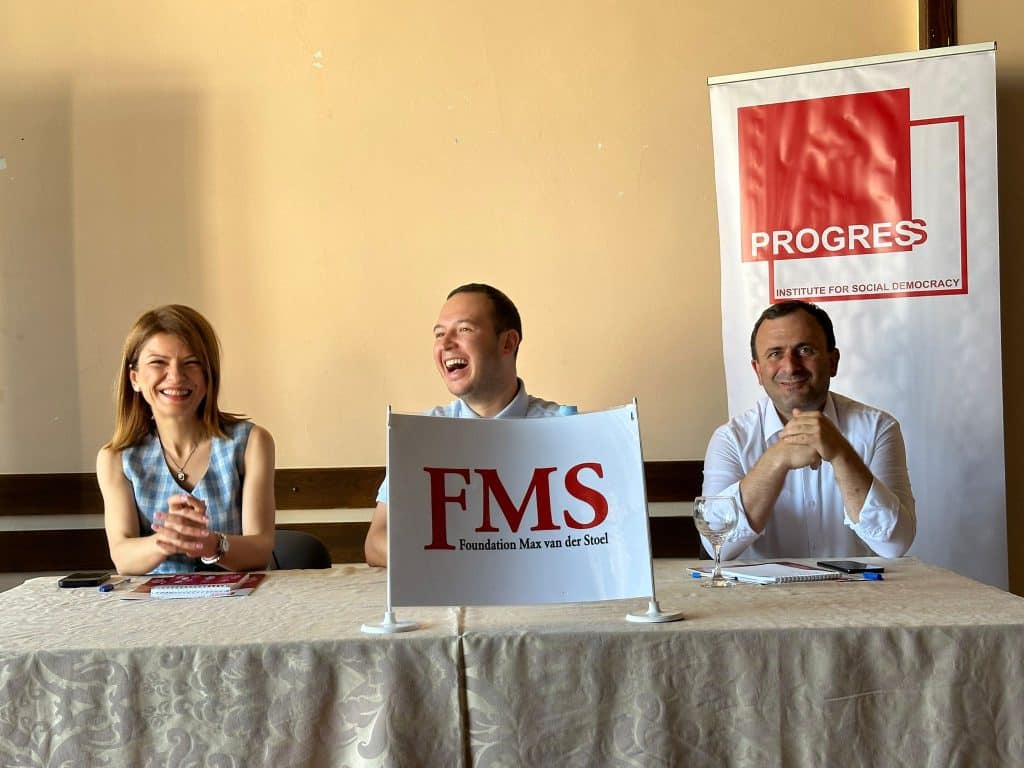
In early July, the Max van der Stoel Foundation together with the Progres Institute organised the annual Summer School on Lake Ohrid in northern Macedonia. The 17th edition of this event was dedicated to recruiting a new generation of young political talent inside northern Macedonia. This is of great importance now that the Social Democrats in the [...]
Exciting days in northern Macedonia: will EU accession talks resume?
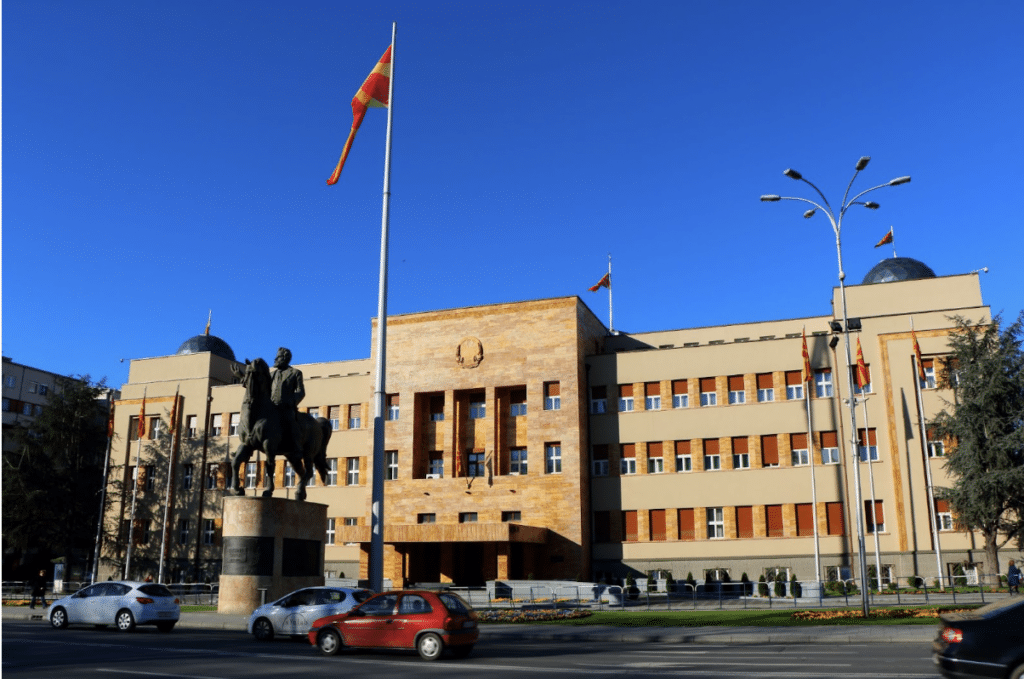
Photo: Parliament of Northern Macedonia, Wikimedia Commons On 18 August, the parliament of Northern Macedonia began a 10-day debate on a constitutional amendment that would pave the way for EU accession. The required two-thirds majority of MPs has not yet been achieved. Instead, the main opposition party has called for new elections [...]
A concrete perspective is necessary for EU integration of the Western Balkans
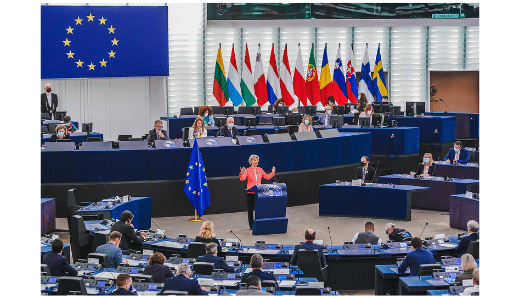
It has been almost 20 years since the EU met in Thessaloniki, Greece, in June 2003 to discuss the integration of the Western Balkans. This included a promise that Albania, Bosnia & Herzegovina, northern Macedonia, Serbia, Montenegro and Croatia would have a clear perspective towards EU membership. After two decades, only Croatia joined in 2013 - the other countries are still in the waiting room, leading to great frustration.
North Macedonia with Thijs Reuten
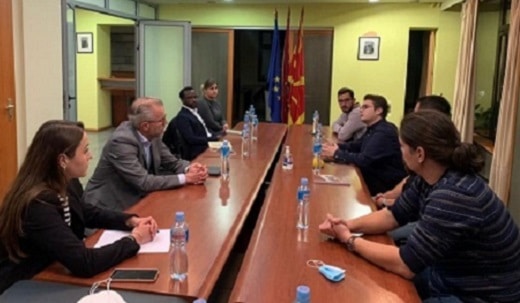
North Macedonia with Thijs Reuten
On Sunday 31 October, the FMS travelled with Thijs Reuten, MEP (PvdA) to northern Macedonia for a three-day working visit to various civil society organisations, students, our sister party, other parties and political foundations. This trip took place at a politically turbulent moment: Zoran Zaev had resigned as prime minister because his party had lost the local elections. With this working visit, we wanted, among other things, to show our solidarity and demonstrate that northern Macedonia and the rest of the Western Balkans are not alone. Indeed, Thijs Reuten is in the European Parliament dealing with the Western Balkans, asylum and migration, human rights and rule of law and the community of values within the European Union.
Let Me Say This - Evgenija Janakieska
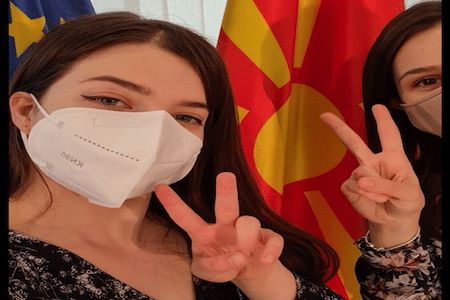
Video: EU integration
Meet Evgenija Janakieska! Watch the fourth video in the Let Me Say This series, this month with Evgenija Janakieska.
Quarantined democracy: the western Balkans
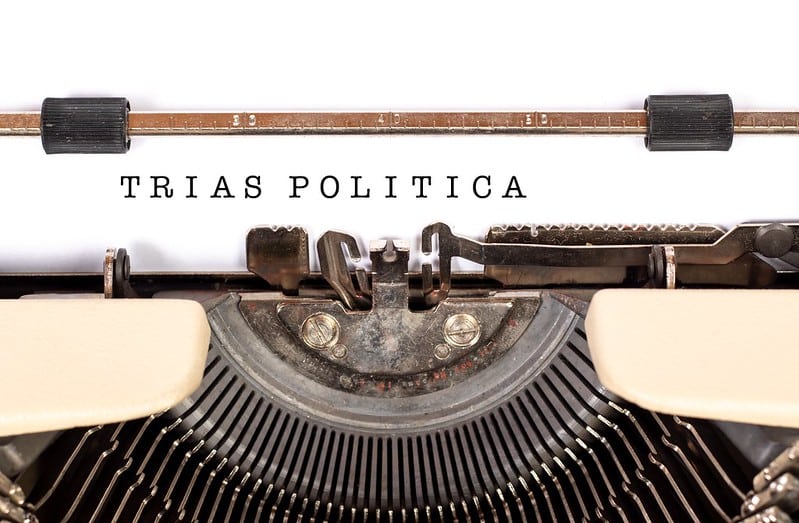
It seems that EU and its neighbours should not quarantine democracy for too long, as the Hungarian parliament passed the coronavirus law on 30 March. A controversial law designed to deal with the corona crisis. This law has no end date for the state of emergency. Prime Minister Orban received a blank check as a result. Based on this law, Orban gains a lot of power. Áll existing laws in Hungary can currently be temporarily set aside or ignored at his discretion. In addition, the Orban government can decide how long the state of emergency should remain in force. As a result, elections and referendums are not possible while the state of emergency continues. The 'Orban law' also poses a risk to journalists as they are accused of spreading 'fake news'. This puts freedom of expression at risk. Serbia and Montenegro also seem to be exploiting the corona crisis to curb media freedom. This poses a major problem for democratic rule of law and freedoms.

